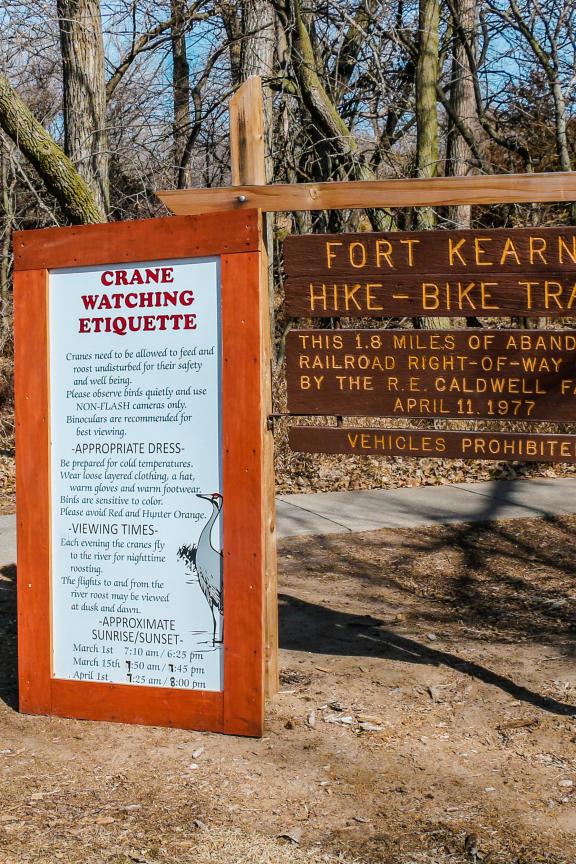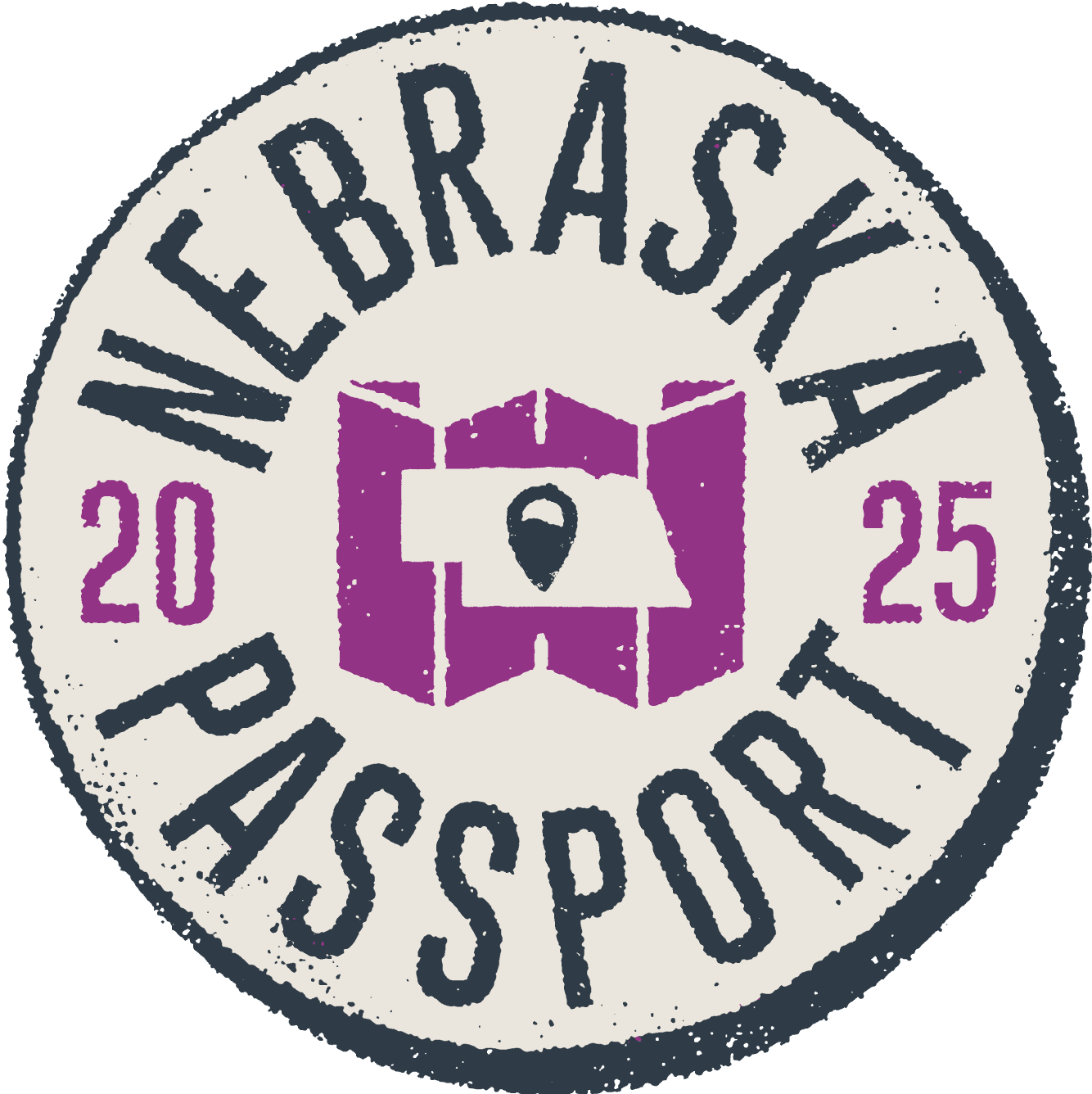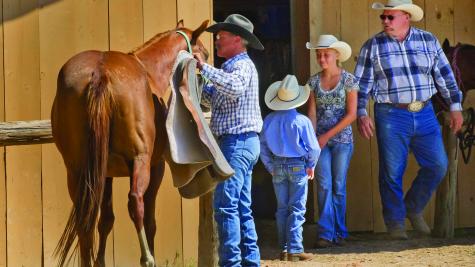
Birding Ethics, Etiquette and Preparedness
As one of the fastest growing hobbies in the US, birding continues to attract newcomers. Although experienced birders are accustomed to following a code of conduct, those new to the pursuit are easily susceptible to birding faux pas, especially when viewing in groups. To make sure you and all the other birders out there can enjoy this hobby, everyone should strive to abide by basic birding etiquette and code of ethics.
Birding Ethics
Since birding most often takes place in bird habitat, it is important to be considerate of the fact that we are visitors in their space. Regardless of motivation for going out and finding birds, there is always the potential to cause disturbance and harm to the animals we hope to observe. Therefore, it’s important to consider the possible impacts to wildlife, other birders and non-birders you may come across with while out in the field.
Ideally, we should all aspire to be observers, not influencers, of wildlife behavior.
Following the code of birding ethics, as made available by the American Birding Association allows everyone to practice respectful, thoughtful and enjoyable birding. The foundations of birding ethics are as follows:
- Respect birds’ space
- Don’t get too close, especially to nesting birds
- Learn to recognize alarm calls and agitated behavior and back off when necessary
- Utilize spotting scopes and binoculars as visual aids to experience quality viewing from a distance
- Reduce disturbance
- Minimize noise into the environment (tread lightly and used hushed tones)
- Birds are sensitive to light, so don’t use flash photography and leave spotlighting to professional guides
- Be especially respectful of rare and endangered species and their habitat
- Sparingly use recordings as bird attractants
- Only play a call a few times and stop as soon as the bird comes in
- Do not continue to play the call if the bird does not respond after the first few attempts
- Wear neutral clothing
- Some birds are sensitive to bright colors, so leave the bold prints and neons at home
- Don’t litter
- Roadside and trail garbage is known to harm wildlife in so many ways, directly and indirectly
- Practice the 7 Principles of Leave No Trace
Birding Etiquette & Preparedness
- Keep quiet
- Silence cell phones and avoid taking calls
- Whisper to companions and/or utilize simple hand signals to communicate
- Avoid wearing noisy clothing and/or accessories
- Practice spatial awareness
- Make sure you’re being conscientious of others’ ability to view birds (don’t block other’s view if you can help it)
- Take turns viewing in confined spaces
- Stick to defined trails and pathways and make sure to leave enough space to allow others to pass
- Be prepared, but also prepare to share
- Always set out as fully prepared as possible and bring your own materials
- Be open and willing to share resources and equipment with others, especially when birding with a group
- Respect private property (don’t trespass!)
- Follow all laws, rules and regulations governing activities at your birding location
- Leave pets at home
- Be kind to others
- Respect the interests, rights and skill level of others and try your best to be especially understanding of and helpful to beginner birders
Last, but certainly not least: have fun! Happy birding!



